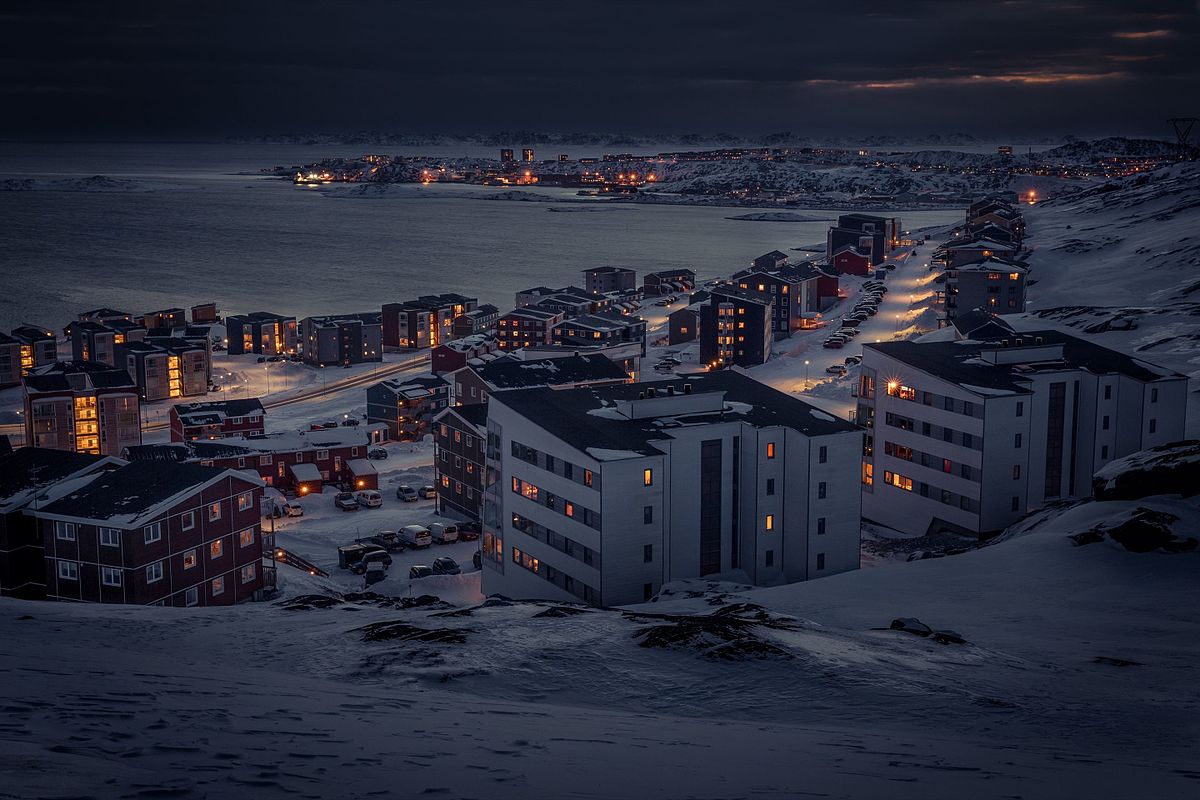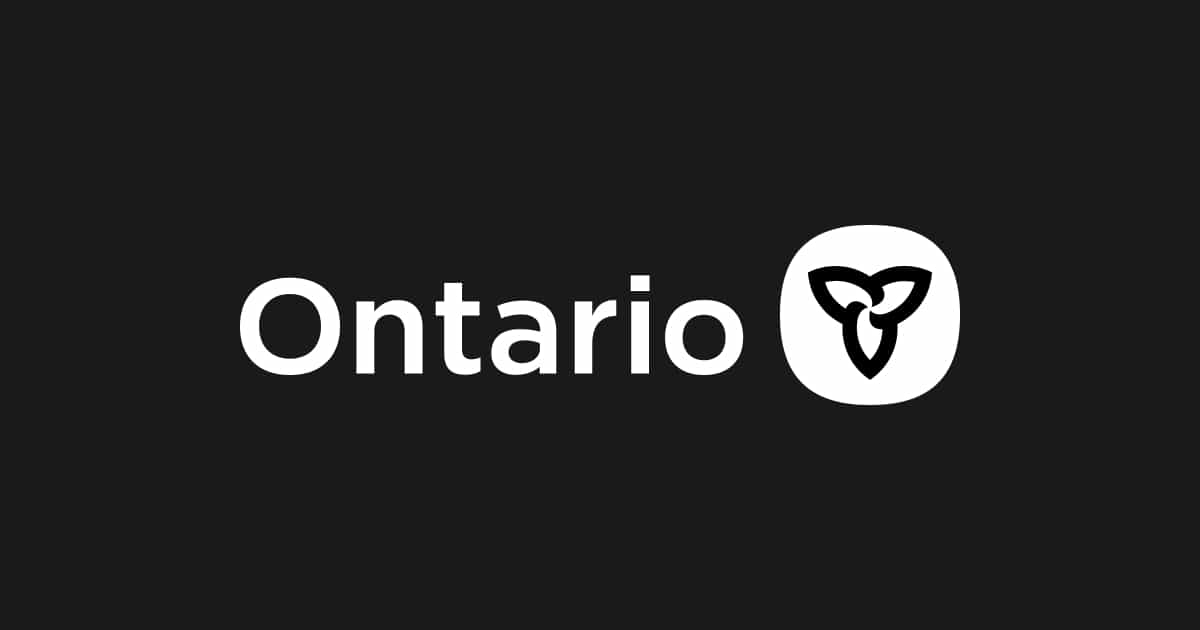This is the counter-point to the Arctic. The Greater Golden Horseshoe.
Read the discussion paper on the Greater Golden Horseshoe Transportation Plan. Download PDF

www.ontario.ca
About the Greater Golden Horseshoe
The Greater Golden Horseshoe (GGH) is the urban region centred around the City of Toronto, located at the western end of Lake Ontario. It stretches north to Georgian Bay, south to Lake Erie, west to Wellington County and Waterloo Region, and east to the counties of Peterborough and Northumberland. Home to 10 million people and 4.9 million jobs, the GGH is the economic engine of Ontario and one of the fastest growing regions in North America.
The Greater Golden Horseshoe (GGH) is a large urban region centred around Toronto, encompassing Waterloo, Brant and Haldimand in the west, Niagara to the south, Simcoe in the north, and Peterborough and Northumberland in the east. (Figure 1) It is home to 10 million people, or over 60% of Ontario’s population.
The GGH is the economic engine of the province. Two-thirds of Ontario’s gross domestic product (GDP) is generated here.
I take issue with the concept of the region, or any region, generating GDP. I see GDP as a measure of activity, much like number of lights at night or number of cell calls made, or even population. GDP doesn't, in my opinion, tell us anything about the quality of the economy, just that there is an economy.
The Golden Horseshoe justifiably gets attention because it has a large population, that makes a large number of cell calls, turns on a lot of lights and trades a lot of money.
A well-functioning transportation system is critical to economic prosperity. Time waiting for a bus, time stuck in traffic on the way to meet a client or to make a delivery – all of these are costs to our economy.
Infrastructure investments haven’t kept up and won’t meet future needs on their own. Over the 15-year period of 2001-2016, travel demand on the highways grew three times faster than the rate of new road construction during this time.
Canada inherited an ongoing operating cost and a moral responsibility when it decided to buy some of the Hudson Bay Company's rights to Rupert's Land. It costs money to operate an enterprise with that much in the way of physical infrastructure, all that land is analogous to a business that is heavily invested in bricks and mortar. It is easy to lose money.
The solution, short of divesting of the holdings entirely and selling them off to somebody else, is to develop the economy so that it becomes an attractive place for financial investment and for people to invest their lives and livelihoods. So that it becomes a place where people can see their futures. A place that allows people to start exploiting opportunities that they see. A place where people are willing to take risks despite knowing that most risks fail. But people survive.
The key to that development is A well-functioning transportation system
That is as true today as it was when Darius created the Royal Highways of Asia 2500 years ago or James the Sixth opened up the Royal Mail routes to the paying public. It has been true for the millenia that people have exploited waterways and ice, all over the world, to trade.
We may never see a payoff from investing in the North and Northerners. It might be that the best we can achieve is at some point in the future defraying the cost of the investments. But somebody, someday, may come up with a successful model that exploits the assets available in a constantly changing environment.
The opportunity is Canada's. If Canada doesn't exploit the opportunity to help the locals there are other people, Europeans, Americans, Russians, Chinese, that are interested in buying a stake themselves.
 www.history.com
www.history.com







